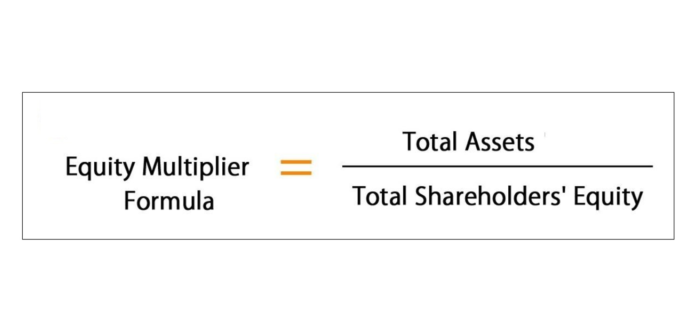Bookkeeping Febrer 25, 2021
What Is Annual Income and How To Calculate It Self Credit Builder.

This is different from your gross monthly or yearly income, which is a term that is often used interchangeably with your salary. Shaun Conrad is a Certified Public Accountant and CPA exam expert with a passion for teaching. After almost a decade of experience in public accounting, he created MyAccountingCourse.com to help people learn accounting & finance, pass the CPA exam, and start their career. Most importantly, it can be difficult to meet your monthly expenses.
You can also consider reviewing your annual income whenever there is a change in your personal or professional circumstances, such as a relocation, a promotion, a career switch, or a family expansion. Income above Rs 3 lakh and up to Rs 5 lakh will be taxed at 5 per cent. For income of above Rs 6 lakh and up to Rs 9 lakh, the income tax will be applicable at a 10 percent rate. Income of more than Rs 12 lakh and up to Rs 15 lakh will be taxed at a 20 percent rate. Annual income refers to how much income you earn in one year before deductions.
Annual Income Example
It represents the total compensation an employee receives annually from their employer. Yes, annual income means how much you earn in a whole year, not just in one month. It includes all the money you get before any taxes are taken out during a financial year, which in India typically runs from April 1st to March 31st.

In this article, we’ll break down what annual income is, how to calculate your income and why understanding your annual income is important. Of course, the offers on our platform don’t represent all financial products out there, but our goal is to show you as many great options as we can. In any case, annual income gives you more information about how much you can expect over the year, helping you plan your big purchases and other major financial decisions wisely. If you have a few thousand dollars left over, you could determine you have enough to pay for a new car monthly. But if your annual income is projected to be relatively limited, you may need to consider other business decisions. Annual income is significant for various reasons, whether you are calculating it for personal reasons or your business.
What is Annual Income? Annual Income Meaning with Example
Once you know that number, you can decide things like employee salaries and how much money you can spend on expansion. In any case, annual income is the total amount of money you earn over one standard year or your annual salary. To adjust for changes in the cost of living over time, historical income annual income means and earnings estimates in this report are expressed in real or 2022 dollars. This year, the Census Bureau started using the Chained Consumer Price Index for all Urban Consumers (C-CPI-U), produced by the Bureau of Labor Statistics (BLS) to inflation adjust income estimates from 2000 onward.

To calculate your annual income add up all sources of income, such as salary, bonuses, and freelance earnings. Gross annual income, or gross yearly income, is what you need to refer to when doing any financial planning. If you receive a regular paycheck, you can calculate your annual income by multiplying your gross pay (before taxes and deductions) by the number of pay periods in a year. For example, if you are paid biweekly and your gross pay is $2,000 per paycheck, your annual income would be $52,000 ($2,000 x 26 pay periods).
The cons of being paid hourly
To calculate your total annual income, you will need to add things such as bonus pay, tips, stock dividends, public assistance payments, etc. For instance, let’s say that an employee’s hourly pay rate is $20.00. If the employee works 40 hours per week, the periodic pay rate on a weekly basis is $800, i.e. the employee makes $800 per week before any deductions such as taxes. When preparing and filing your income tax return, gross annual income is the base number you should start with. By calculating your gross income, you’ll have a better idea of whether you’ll owe taxes and how much.

LEAVE A COMMENT